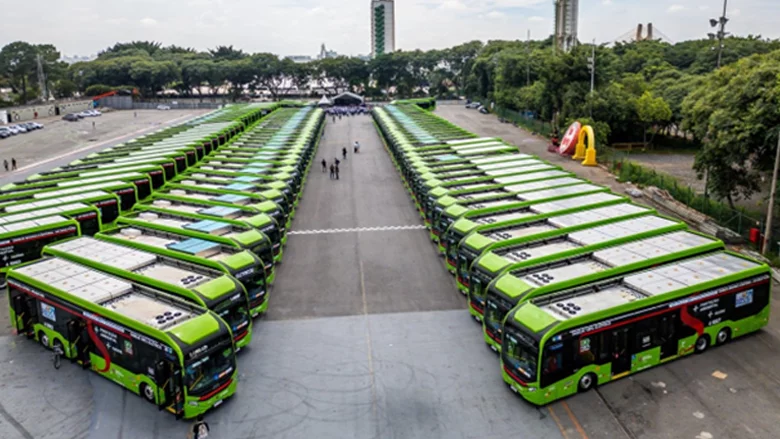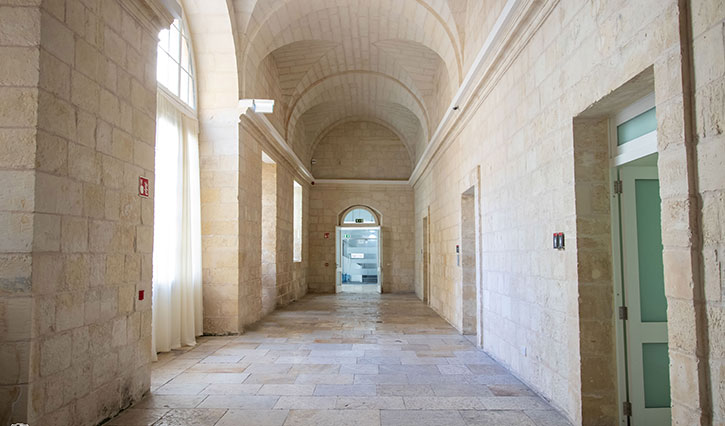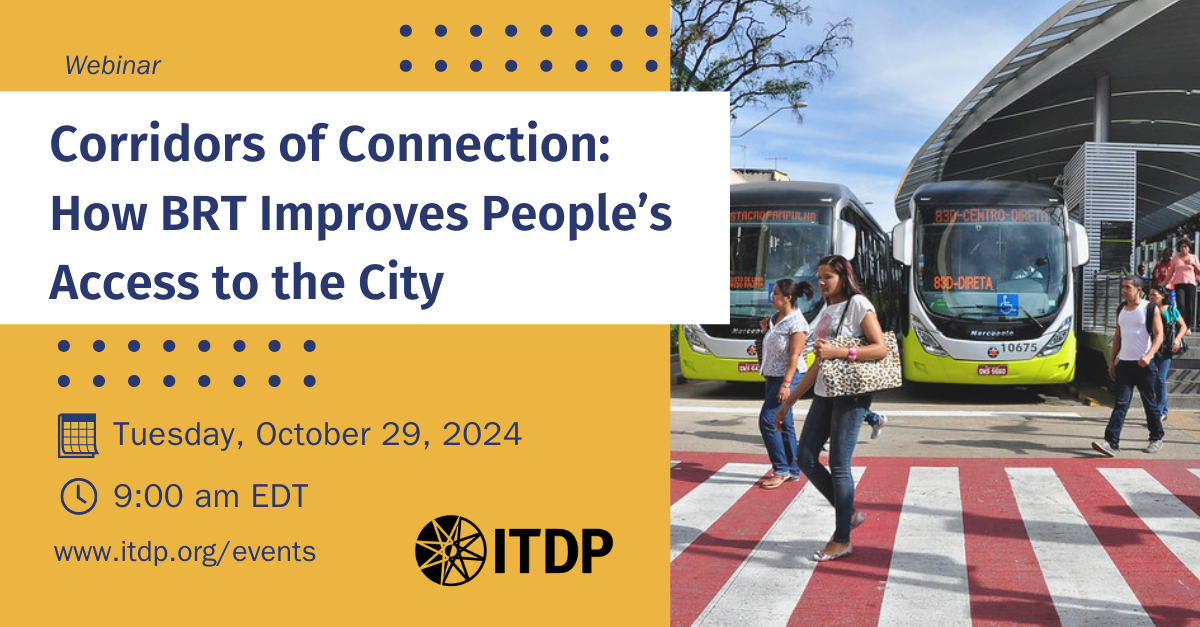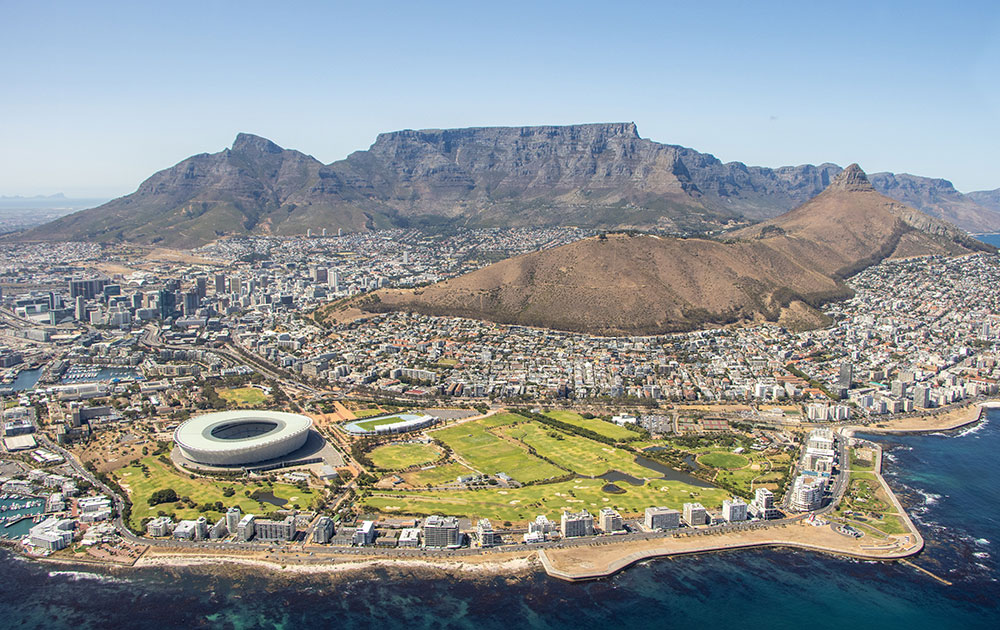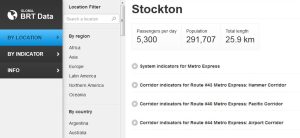 Source: EMBARQ
Source: EMBARQ
BRTdata.org, which features more than 90 geographic, statistical and service-level indicators, has been releasing updates, adding information on new lines from Mexico City to Rio de Janeiro.
The website features the most comprehensive, public database of bus rapid transit (BRT) systems around the world, launched on April 2 by our Centre of Excellence and EMBARQ, in collaboration with the International Energy Agency.
The last updates includes data now includes 143 cities’ BRT systems, representing more than 23 million daily riders. Some key updates added in this update include the Database’s newest cities, Winnipeg, Canada; Jaboatão dos Guararapes, Brazil; Stockton, the United States; Miyagi, Japan in addition to corridor updates in several South American cities in Brazil and Colombia, Australia and Japan.
The changes are listed in the Changelog of the website. Here are the highlights:
New corridors
- Jaboatão dos Guararapes, Brazil
- Stockton, the United States
- Miyagi, Japan
- Winnipeg, Canada
Modifications to existing systems/corridors
- Bogotá: city population, metropolitan population
- Guadalajara: station boarding level
- Lima: station boarding level
- Mexico City, corridors línea 1 and línea 4: # trunk routes
- Pereira: station boarding level
- Rio de Janeiro, all corridors: daily demand, peak load, # stations and station spacing
- Santiago: station boarding level
- Sydney, all corridors: system length
- Uberlândia: capital cost, infrastructure cost and equipment cost
- Vancouver: # trunk routes
- All Latin American systems: year system commenced
- Porto Alegre, all corridors: daily demand and peak load
- Santiago, all corridors: daily demand, peak load and frequency
- Santiago, corridors Parajitos Norte and Pajaritos Sur: corridor length, length of segregated lanes, # stations, and station spacing
- Santiago, corridors Suiza-Las Rejas and Santa Rosa Norte: length of segregated lanes
“This database helps researchers, transportation agencies, municipal authorities and NGOs to understand and make decisions to improve systems and BRT bus lanes in their cities” says Dario Hidalgo, director of research and practice for EMBARQ and member of our CoE.
BRTdata.org will continue to publish new or updated data on the second Thursday of each month.
¿Comments? ¿Opinions? ¿Similar News? Send them to us!

